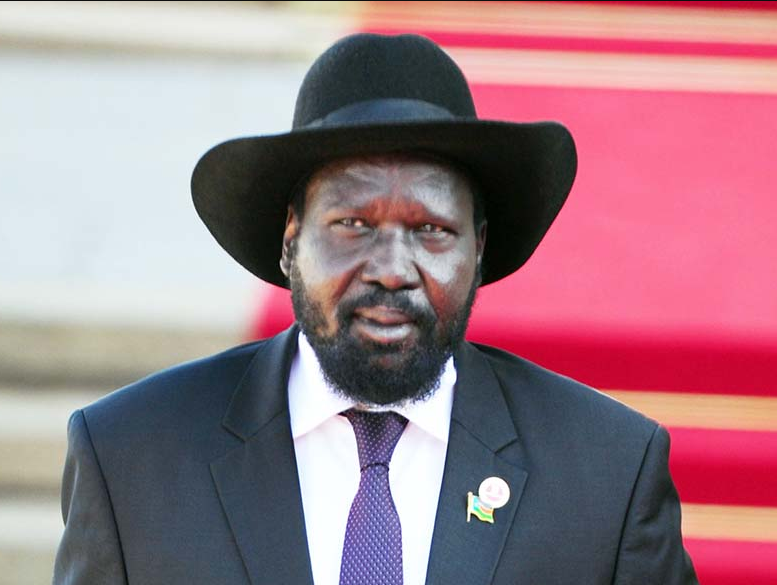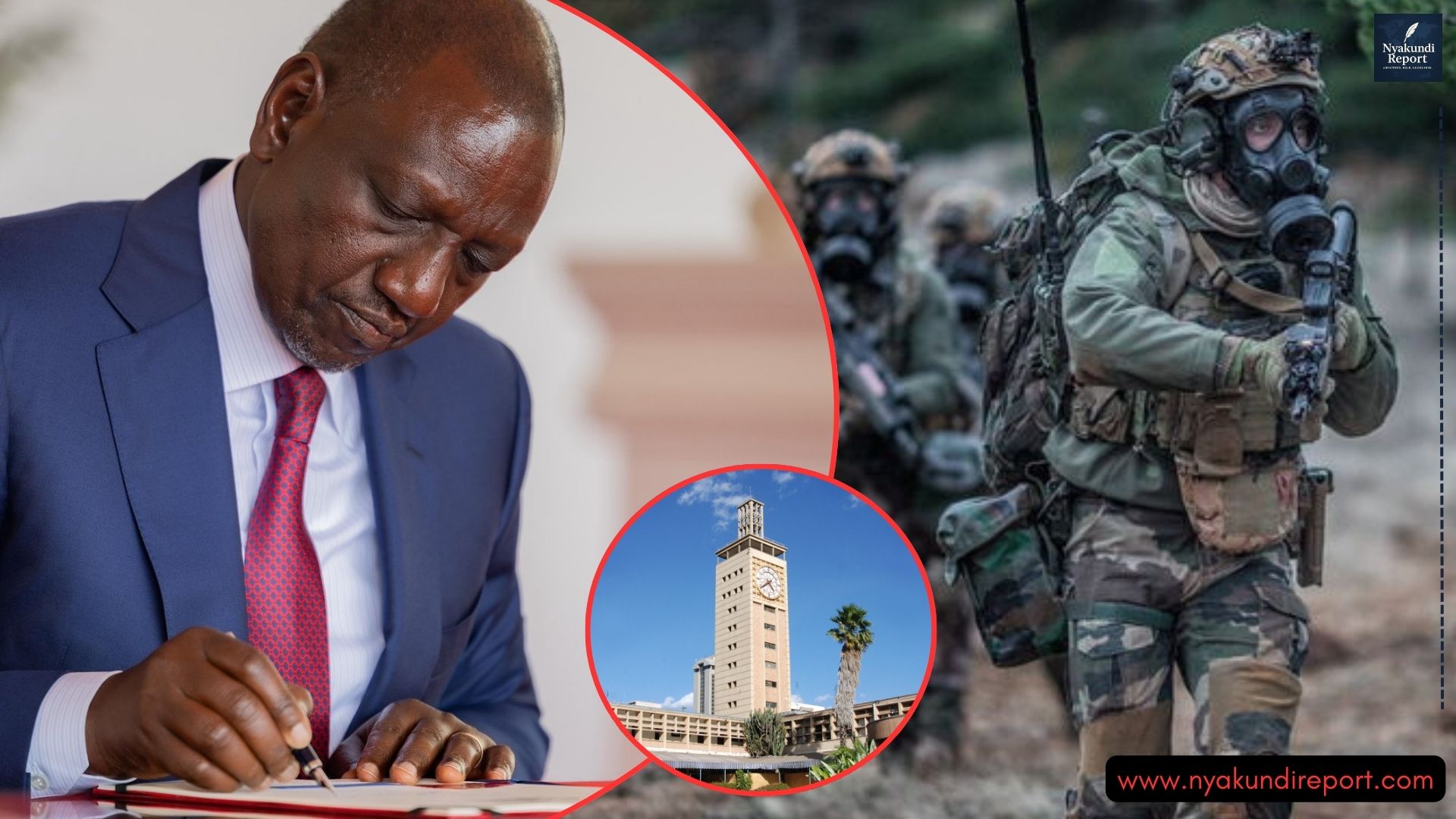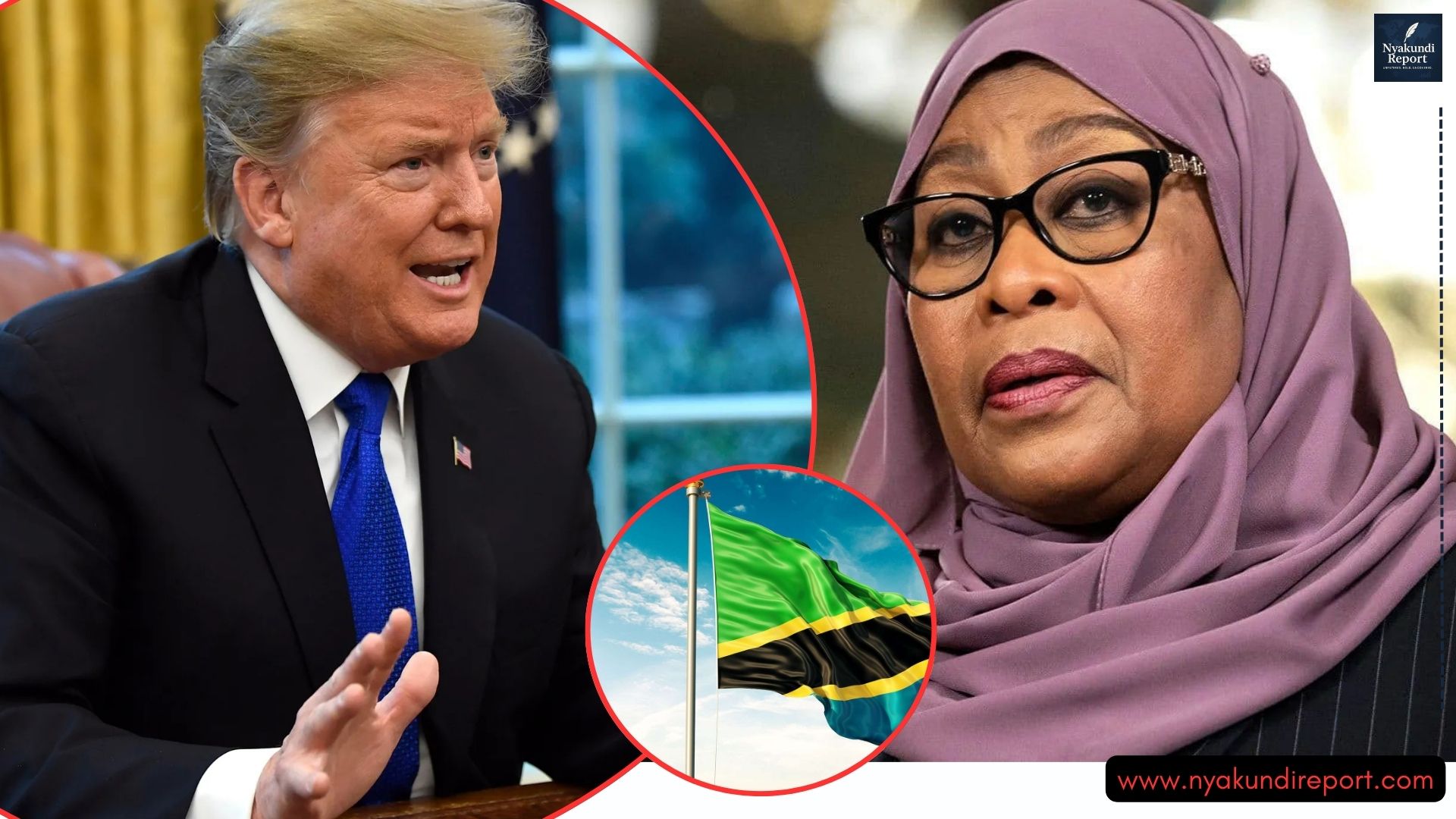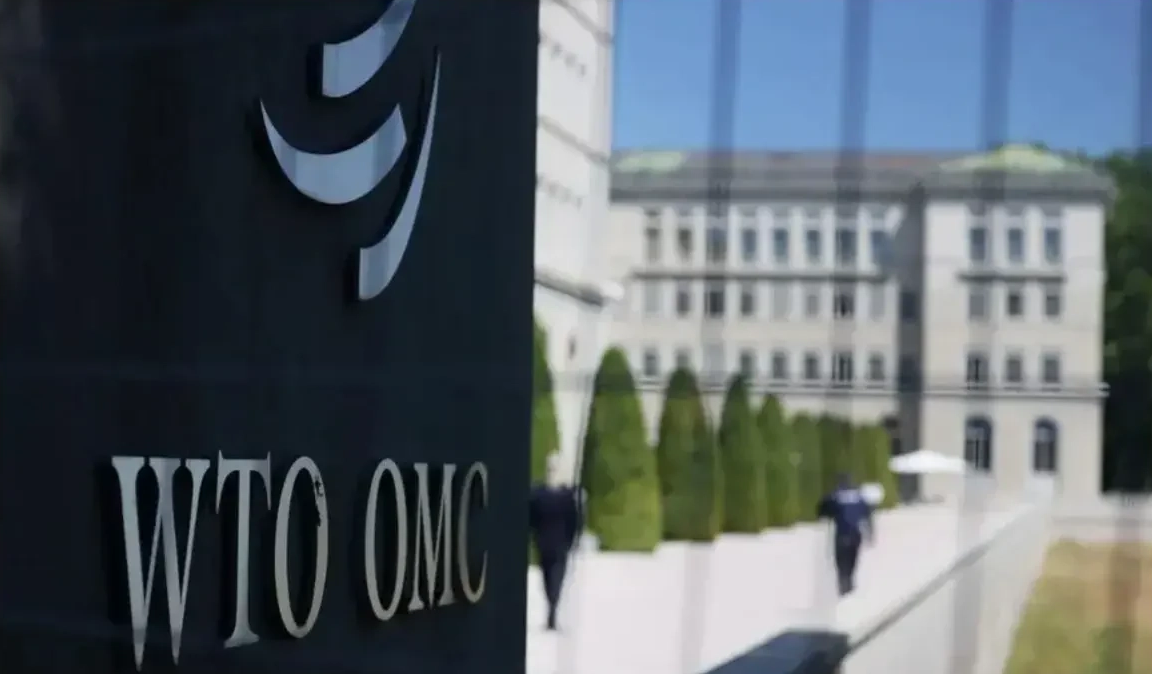Zimbabwe’s government has issued a warning about a new scam luring desperate job seekers into a trap. A fraudulent Facebook page named Zimbabwe Embassy Kenya is tricking Zimbabweans with fake job offers.
Victims are asked to pay Ksh48,187 (about US$375) for a fake labour certificate. The scam falsely claims to be hiring for the Zimbabwean Embassy in Nairobi. Authorities say the page is a total fraud, created by unknown criminals.
Zimbabweans are urged to avoid falling into this trap and to only trust official recruitment channels.

Zimbabwe Government Calls Out Facebook Job Scam
Zimbabwe’s Ministry of Foreign Affairs and International Trade exposed a fake job scam spreading on social media. The scammers behind it created a Facebook page on June 14, falsely calling it Zimbabwe Embassy Kenya. On the page, they advertise fake job opportunities at the Zimbabwean Embassy in Nairobi.
To make the scam look legitimate, the page lists specific job titles and then demands a fee of Ksh48,187 (around US$375). This amount is supposedly required for an “Africa Regional Labour Accreditation Certificate.” But in reality, no such certificate exists under official embassy recruitment.
The ministry clarified that the page has no ties to Zimbabwe’s government, its embassy in Kenya, or the foreign affairs ministry itself. The statement read, in part:
“Members of the public are advised that this Facebook page does not represent the Embassy of the Republic of Zimbabwe in Kenya, the Ministry of Foreign Affairs and International Trade of the Republic of Zimbabwe, nor the Government of the Republic of Zimbabwe.”
Authorities emphasized that any genuine hiring for public service positions in Zimbabwe is conducted by the Public Service Commission. These jobs are advertised through official government platforms and do not require payment from applicants.
Rising Threat of Online Employment Scams
Fake job scams have become more frequent and more convincing. According to Bulawayo24 News, Zimbabwe has seen a rise in online fraud cases that target job seekers. Scammers are using social media platforms like Facebook to post fake opportunities, especially in foreign countries.
These schemes often include:
- Fake embassy or government pages
- Payment demands for fake processing fees
- False promises of visa help or work permits
- Professional-looking job ads with stolen logos
In this recent case, the Facebook page tried to appear official by including symbols and wording similar to real diplomatic pages. This level of detail has tricked many into believing the jobs are real.
The Ministry of Foreign Affairs urged Zimbabweans to remain alert and skeptical when applying for jobs abroad. It advised people to always check with official embassies or government offices before submitting documents or making payments.
Authorities Vow Action Against Online Fraudsters
Zimbabwe’s government is now working with law enforcement and social media companies to track down those behind the scam. Investigations have been launched to trace the origin of the fake page and to shut it down.
Authorities are also exploring ways to strengthen cyber protection. They want to ensure that no Zimbabwean citizen falls victim to similar scams in the future.
The ministry issued a reminder:
“Official recruitment into Zimbabwe’s public service is done by the Public Service Commission, and it is always free of charge.”
This incident comes just a year after a travel milestone between Zimbabwe and Kenya. In May 2024, Zimbabweans were exempted from Kenya’s Electronic Travel Authorisation (ETA) requirement after a new bilateral agreement.
Under the new rules, Zimbabwean travelers only need a digital platform clearance for identification, not a visa. This recent development may have inspired scammers to fabricate the illusion of easy job access in Kenya.
Scammers took advantage of this, believing that Zimbabweans would be more likely to fall for job offers in Kenya due to simplified travel requirements.
As more people search for opportunities abroad, public awareness is the first line of defense. Job seekers must stay vigilant, question too-good-to-be-true offers, and remember that real opportunities never ask for money upfront.






































